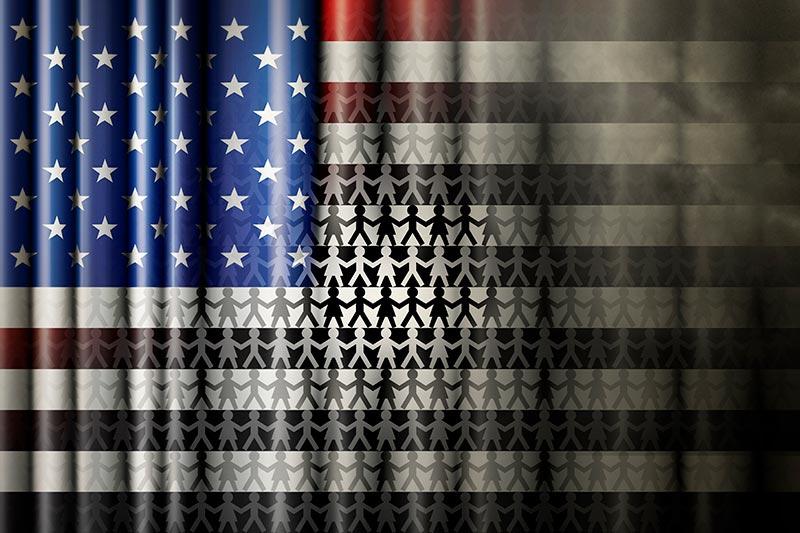Writers strive to understand systemic racism
In an effort to better understand how systemic racism works within our nation, Tulane University and the Dayton Literary Peace Prize, an international award, will present the “Bridge to Understanding” writers’ panel on Tuesday, April 4, from 6 to 8 p.m. in Freeman Auditorium within the Woldenberg Art Center.
Michael Kuczynski, chair of the Tulane English department in the School of Liberal Arts, is coordinating the event, which is free and open to the public. Bernice McFadden, a visiting professor of creative writing, will moderate.
“Empathy in literature is so important,” said McFadden. “If you’re unable to stand in someone else’s shoes in your art, then it’s going to be 10 times more difficult to do that in your everyday life.”
McFadden will examine how systemic racism is defined and how writers can address the problem. Panel participants will include authors Margaret Wrinkle, Wilbert Rideau and Gilbert King. All are past recipients of the Dayton Literary Peace Prize.
“The prize’s premise is that literature is one of our most vital means of communicating with each other and an imaginative means of resolving conflict,” said Kuczynski.
While working within different genres, the writers share the same objective.
“They’re all interested in the problem of racism, and they’re all using their different skills as writers to cast an honest light on that problem,” said Kuczynski.
Kuczynski refers to Wrinkle as an “activist by way of fiction,” as her novel Wash fosters communication on the topic of slavery.
Rideau is a Louisiana native who wrote In the Place of Justice, a memoir about serving time in Angola Prison and his release from death row.
“He’s writing about the trauma of his own experience,” said Kuczynski. “Systemic racism has been mostly felt within the American justice system.”
In addition, King delves into cases from the early career of Thurgood Marshall in his nonfiction work Devil in the Grove.
Like this article? Keep reading: Historian masquerades as novelist

